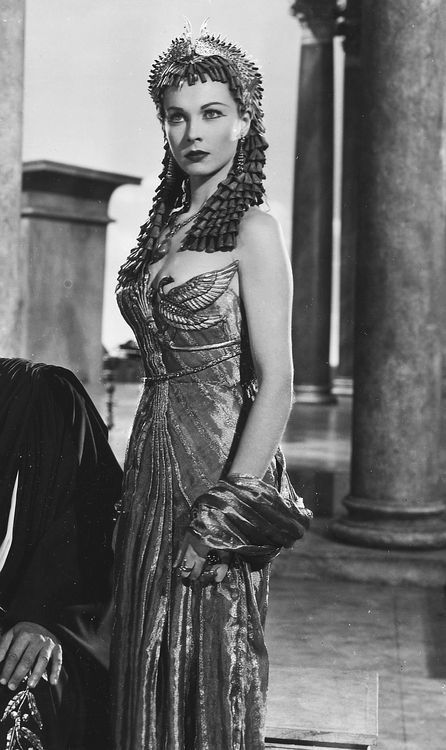
Cleopatra VII Philopator was born in 69 BC in Alexandria, Egypt — the last pharaoh of the Ptolemaic dynasty and one of history’s most powerful women. She became queen at eighteen, co-ruling first with her brother Ptolemy XIII, then with Ptolemy XIV, and eventually with her son Caesarion — the child of Julius Caesar, born in 47 BC after a political and romantic alliance that changed the course of empires.
Cleopatra was not the exotic temptress Roman propaganda later imagined. She was a scholar fluent in Egyptian, Greek, Latin, Aramaic, and several African dialects — an intellectual force trained in astronomy, medicine, and mathematics. While most Ptolemies ruled as outsiders, she ruled as Egypt itself. She embraced its language, its rituals, and shaped her image to embody both pharaoh and goddess.
After Caesar’s assassination in 44 BC, Cleopatra returned to Egypt to raise Caesarion as co-ruler. In 41 BC, she began her legendary relationship with Mark Antony. The following year, she gave birth to twins — Alexander Helios and Cleopatra Selene — and in 36 BC, their third child, Ptolemy Philadelphus.
Though Antony would leave her in 40 BC to marry Octavia, Cleopatra did not fade into waiting. She strengthened Egypt’s economy, expanded its naval power, and commissioned temple restorations. In public ceremony, she performed as Isis — divine mother, sovereign queen, and living goddess. In private, she bathed.
Each night, jasmine, honey, and milk were poured into alabaster jars. Steam curled through the palace. Time slowed. The bath was not for lovers, nor legacy. It was for her.
Cleopatra died in 30 BC, at the age of thirty-nine, after Octavian’s conquest of Egypt. Her death marked the fall of the pharaohs and the end of ancient Egyptian rule. To Rome, she was the “foreign queen.” But history remembers more: a strategist, linguist, lover, mother, and monarch — who understood power not just as performance, but as presence.
SILK VEIL carries the essence of her evening ritual: jasmine, tuberose, musk, and amber — a scent made for those who prepare, rule, and bathe like they mean it.


